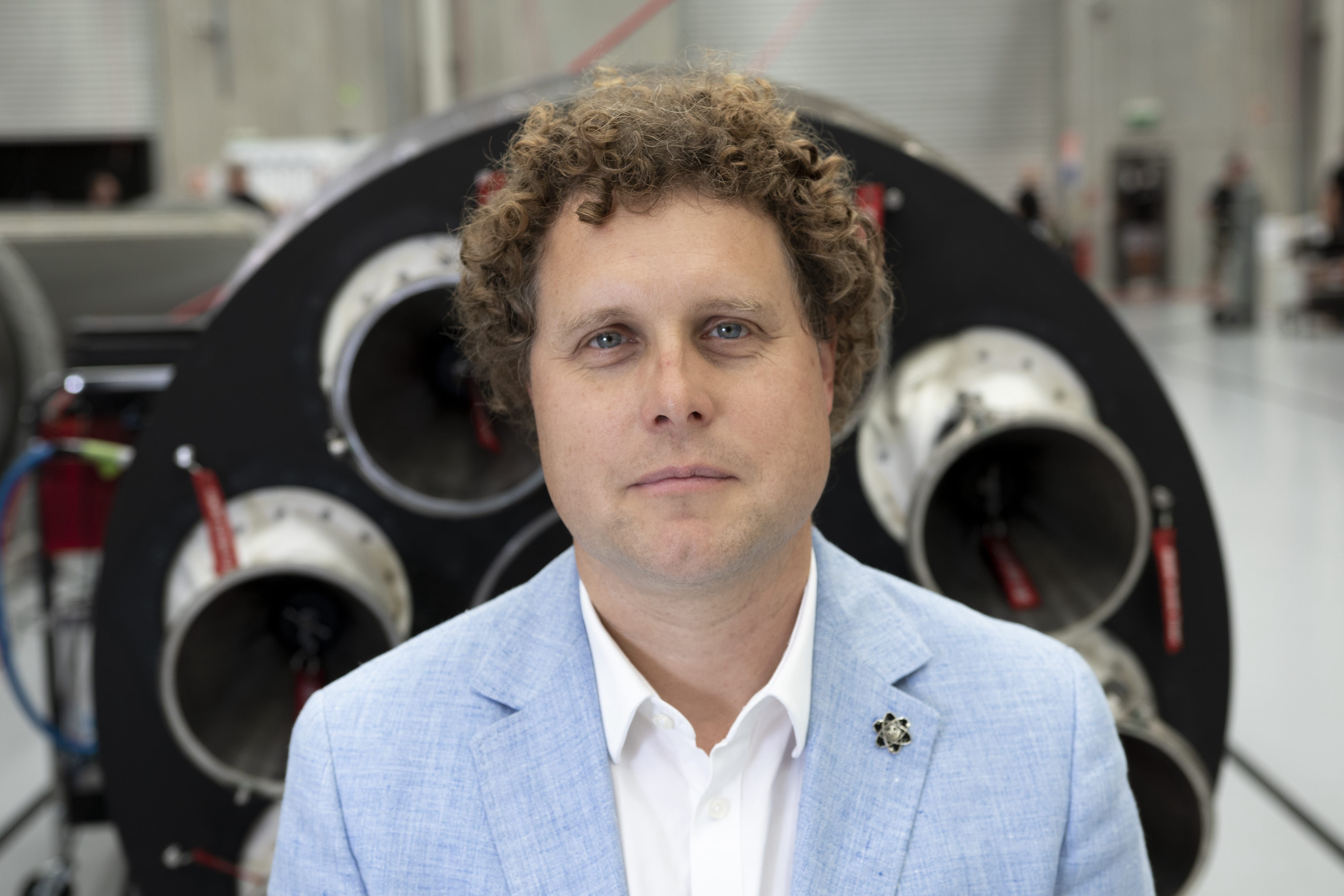

During, the trip, Beck realized the possibility and potential for a low-cost small vehicle. Rocket Lab was founded in June 2006 by Peter Beck from New Zealand, after a trip to the United States. The acquisition of SolAero added 425 staff members in the United States in January 2022. In 2021, Rocket Lab had 525 staff in New Zealand and about 150 in the rest of the world, mostly the United States. The Union of Concerned Scientists warns SDA will escalate global tensions and called the project "fundamentally destabilizing".
/cloudfront-ap-southeast-2.images.arcpublishing.com/nzme/DZKMUIT53O43JUIQMCFAZZNUXU.jpg)
Rocket Lab's participation drew controversy in New Zealand, where members of parliament noted the company is contributing to the "weaponization of space" and could be in violation of New Zealand's nuclear-free zone laws. Griffin (who later became a Rocket Lab board member) in his role as Under Secretary of Defense for Research and Engineering during the Trump administration. Rocket Lab also builds and operates satellites for the Space Development Agency, a space-based missile defense program of the United States Space Force established by Michael D. In May 2022, after four years of development, the Electron booster attempted recovery by a helicopter. In August 2021, Rocket Lab became a public company, listed on the Nasdaq stock exchange through a SPAC merger.

The first launch of the rocket took place in May 2017. The company established headquarters in California, US in 2013 and developed the expendable Electron rocket. By 2009, the successful launch of Ātea-1 made Rocket Lab the first private company in the Southern Hemisphere to reach space. The company was founded in New Zealand in 2006. As of 2022, Rocket Lab is developing the bigger Neutron reusable unibody rocket Photon satellite buses and Rutherford, Curie, HyperCurie, and Archimedes rocket engines. In addition, 4 attempts have been made at soft water recovery. Two attempts have been made at recovery of the Electron booster by helicopter. Electron rockets have launched 33 times from either Rocket Lab's Launch Complex 1 in New Zealand or the Mid-Atlantic Regional Spaceport (MARS) in the United States. Rocket Lab also plans to build a larger Neutron rocket as early as 2024. The company operates lightweight Electron orbital rockets, which provide dedicated launches for small satellites. is a publicly traded aerospace manufacturer and launch service provider. Rocket Lab lost the batch of satellites about 121 miles, or 195 kilometers, above Earth, according to a live broadcast on YouTube - well before the spacecraft reached its target altitude of 310 miles and the requisite speed to slip into orbit.Rocket Lab USA, Inc. On board were seven satellites for three customers.Ī few minutes after a successful liftoff from one of the company's launch pads in New Zealand, however, the Electron's second- or upper-stage rocket failed. Rocket Lab's failed mission, called Pics Or It Didn't Happen - in line with the company's other cheekily named flights - was its 13th attempt to reach orbit with Electron, a six-story launch vehicle. But instead of staying silent about the failure or gloating, leaders of space companies competing for business with the roughly $1.4 billion startup stepped up to offer their public support. Over the weekend, the small-launch firm Rocket Lab experienced a ruinous setback: the total loss of an operational space mission worth months of time and millions of dollars. When it comes to the orbital rocket industry, though, the atmosphere is far more collegial. If Apple or Google ever launched a gadget product that failed, the last thing you might expect to see is either tech company publicly consoling the other.


 0 kommentar(er)
0 kommentar(er)
